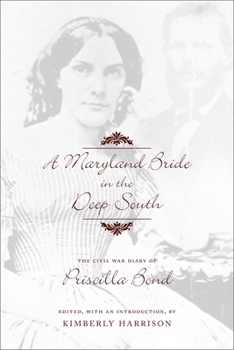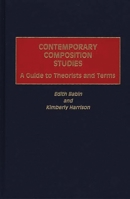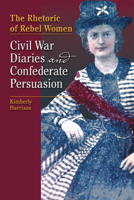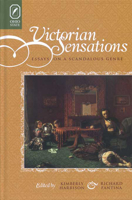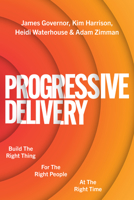A Maryland Bride in the Deep South: The Civil War Diary of Priscilla Bond
They say I'm a Yankee -- but if wanting peace is Yankee -- then I am one. I am tired of Disunion of husband & wife.
In 1858, nineteen-year-old Priscilla Mittie Munnikhuysen began a new diary that saw her marry, leave her family in the genteel Protestant seaboard culture of Chesapeake Bay, and take up residence with her wealthy husband, Howard Bond, in the frontier plantation society of Catholicsouth Louisiana. By 1865, Priscilla Bond had witnessed trials and disillusionments enough to fill a two-volume journal: her father-in-law's brutality toward his slaves; her husband's alleged ambush of Union soldiers and subsequent flight from home; the retaliatory burning of the family's sugar plantation in Houma; and the losses, horrors, and daily depredations of war.Published here for the first time, with extensive notes and a critical introduction by Kimberly Harrison, Bond's intimate writings illuminate the Civil War's impact on women, families, and individual identities. Occasionally Bond records her experiences for the benefit of later readers, but more often she uses her diary to carve a space and time for self-reflection, self-instruction, and self-persuasion. Nineteenth-century women's lives were defined by their relation to others -- as wife, mother, daughter, and sister -- and keeping a diary allowed Bond to claim time for herself. It served as a rhetorical tool that helped motivate her to conform to contemporary standards of true womanhood, adapt to a harsh new environment, and survive the collapse of a civilization. Harrison's interpretive commentary enables readers to appreciate the context within which Bond writes even as entries about everything from marital anguish to in-law difficulties to religious struggles to failing health bring Priscilla Bond uniquely and movingly to life. Her diary, deftly cross-referenced with numerous letters, adds a valuable and enriching layer of complexity to the larger story of the Civil War home front.











